There is still an inherent and unfortunately unresolved tension between U.S. law and the content-sharing functions that epitomize, social media today.
Still Crazy After All These Years (How Social Media Continues to Disrupt Internet Copyright Law)
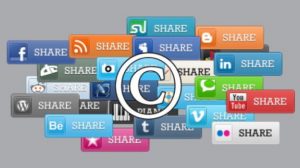

There is still an inherent and unfortunately unresolved tension between U.S. law and the content-sharing functions that epitomize, social media today.

The malleability of market boundaries and aggressive AI competition among online services should help rebut claims that not only Google, but Facebook and Amazon as well, are somehow illegal monopolies.

We should not return to an era when rivals were able to make strategic and unprincipled use of antitrust doctrine to demand special treatment to save themselves from the brutal consequences of competitive failure. America should not let antitrust itself become anticompetitive.

The battle to beat Google’s Android mobile phone OS is quickly turning into a legal bonanza. But why are three horizontal competitors being allowed to collaborate and cooperate and join hands together, rather than competing against each other?
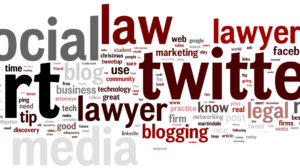
Not quite as interesting as the worst-dressed actress and best cinema films lists we’ll see over the next few days, but (perhaps) a bit more relevant to our daily activities on social networks and the real-time Web.
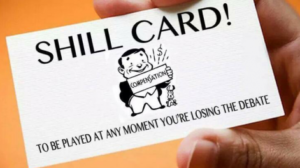
I do not represent Google. My law firm does not represent Google. Google is not paying me. So Gary Reback, Jeff Chester, John Simpson and others, get your facts straight.
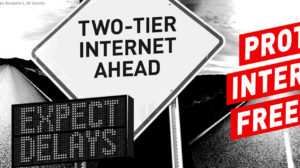
The modest few “open internet” rules FCC Chairman Genachowski has suggested are so trivial that, like all good policy compromises, they have angered both the left and the right. The far more important issue is the legal framework under which the Commission will support net neutrality regulation.
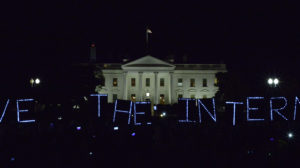
The highly polarized debate over so-called net neutrality at the Federal Communications Commission (FCC) exposes serious philosophical differences about the appropriate role of government in managing technological change. Neither side is unfortunately free either from hyperbole or fear-mongering. And neither side is completely right.
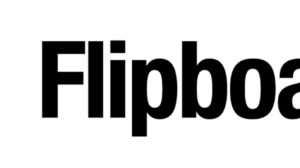
My photo from Sunday’s Washington Redskins’ game made the cover of Flipboard. Wow, you say? Not really.

Like John Naisbitt, this post describes what I am convinced are the most significant law/policy “megatrends” affecting the social media space today.